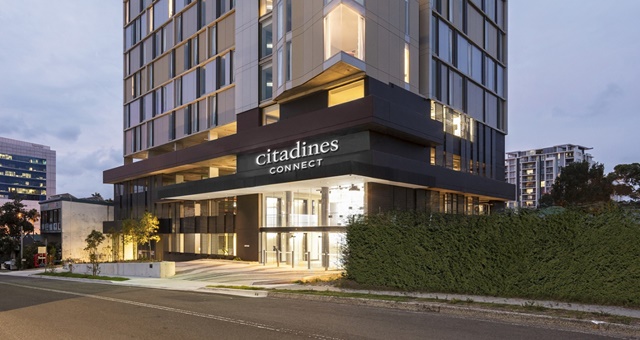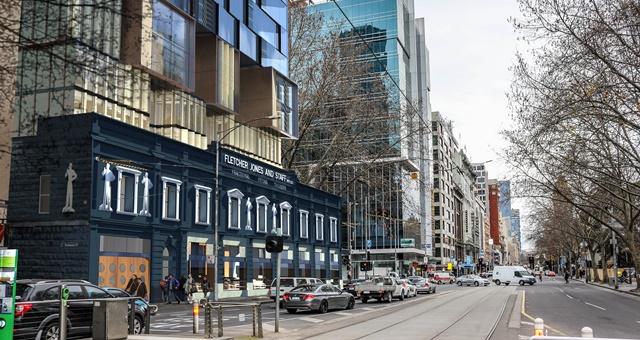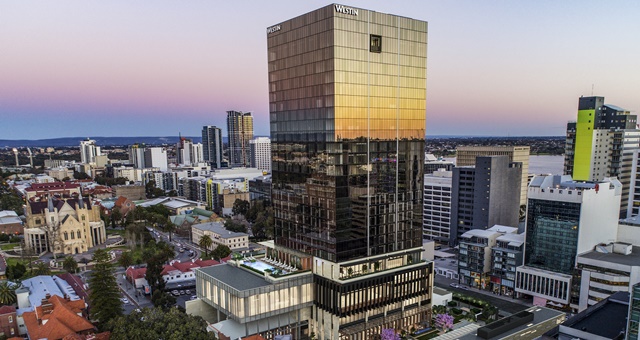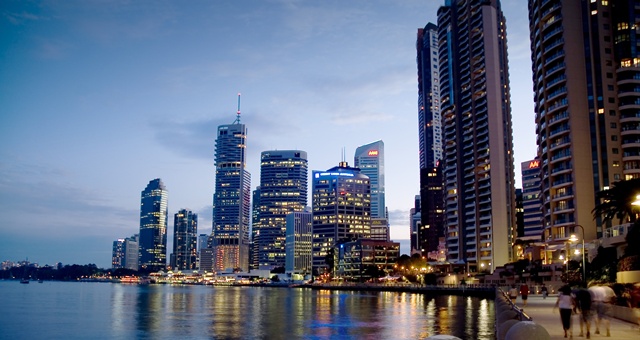A guide for hotels – highlighting four key areas that owners and operators must keep front of mind as the industry claws back revenue lost over COVID-19 lockdowns – has been launched by hotels and hospitality advisory firm, JLL.
The Hotels Recovery Guide provides a one-page snapshot each of the Brisbane, Sydney, Melbourne and Perth markets, outlining how the pandemic has affected trends that were unfolding prior to the pandemic, along with recent notable hotel real estate transactions that reflect the future health of the sector.
The guide gives an appraisal of the relative success of each city prior to the pandemic, including their healthy hotel pipelines. Analysts also assess the consequences of the pandemic, with significant declines in every major metric including occupancy, daily rate and RevPAR.

But the darkest days are in the past, the report says.
While Brisbane has “a period of more moderate supply growth on the horizon”, there will be continued demand growth owing to “substantial city centre enhancement and infrastructure development, including the airport’s second runway.”
Meanwhile, coastal destinations will continue to benefit from closed international borders as domestic tourism and short-haul driving holidays invite city residents out of their homes and into regional areas.
The JLL guide heralds a drop in distressed asset sales and notes the decision by many hotel owners to hold on to their assets long-term while maintaining strong balance sheets throughout the pandemic.

Further, it provides a checklist for hotel owners to optimise the value of their assets while considering government decisions which will impact operational balance sheets in the first half of 2021.
Marie Colangelo, JLL Project Director – Hotels, said four key areas must be front of mind for hotel owners across the country amid the continued uncertainty in the months to come.
“Technology is playing a huge part in how we now do business. Possible investment in technology in hotels may allow conferences and events to target and host highly sought international speakers and the ability to host multi-state ‘satellite’ event hubs connected via a single technology platform and system,” she said.
“Australasian Hotel Industry Conference and Exhibition (AHICE) trialled this recently at Hyatt Regency in Sydney with speakers from Victoria and internationally from NZ and parts of Asia.

Colangelo said hotels must dust off their meeting and conference facilities and prepare to relaunch under COVID-safe rules.
“The most attractive meeting rooms may no longer be those on the high levels boasting great views but rather facilities which offer natural ventilation through operable windows or access to outdoor space,” she said.
“As more people work from home, conference rooms have a huge role to play as a hub for disparate employees. It’s an enormous opportunity for hotels to provide true hospitality. Sit-down dining events will be a special alternative to standard buffets, however this requires reconsideration and repurposing of existing equipment. Regular small events with colleagues is a great market in a work-from-home world which hotels can offer.”
Hotels in major cities have invested heavily in this aspect of their businesses, with task forces designed to find ways to facilitate safe dining including better utilising outdoor spaces, Colangelo said

“Hotels will need to relook at their food and beverage opportunities and look to repurpose the outdoor spaces in their venues. Moving the restaurant experience to the pool deck or investing in operable windows to restaurants will provide ventilation options that are encouraged post-COVID.”
Guest safety should be a given but can be improved to give added confidence to guests.
“Limiting touch points is an investment and developing the technology further to allow guests to choose their room will allow greater control and feelings of safety for the guests,” she said.
Download the Hotels Recovery Guide – Australia HERE

